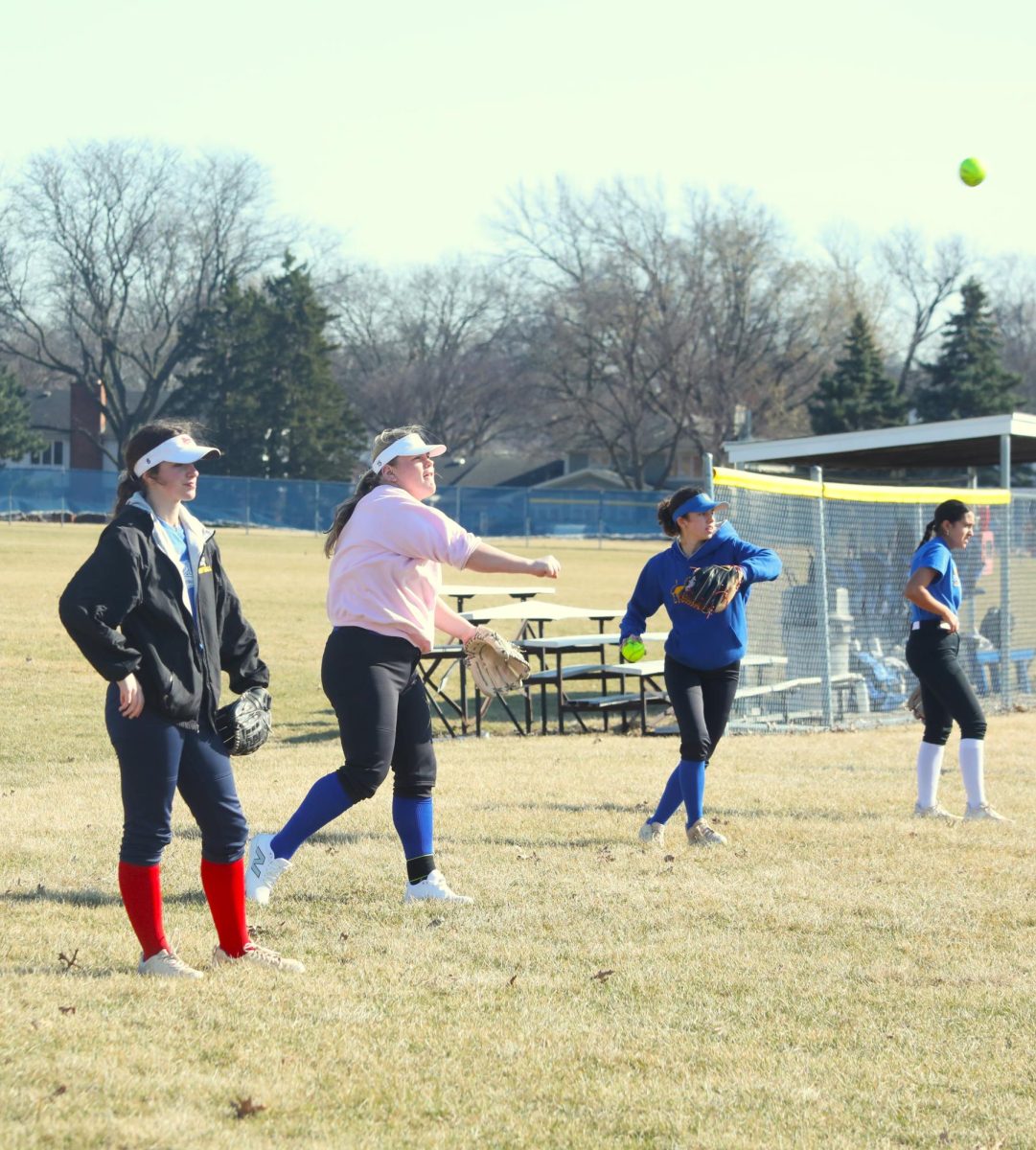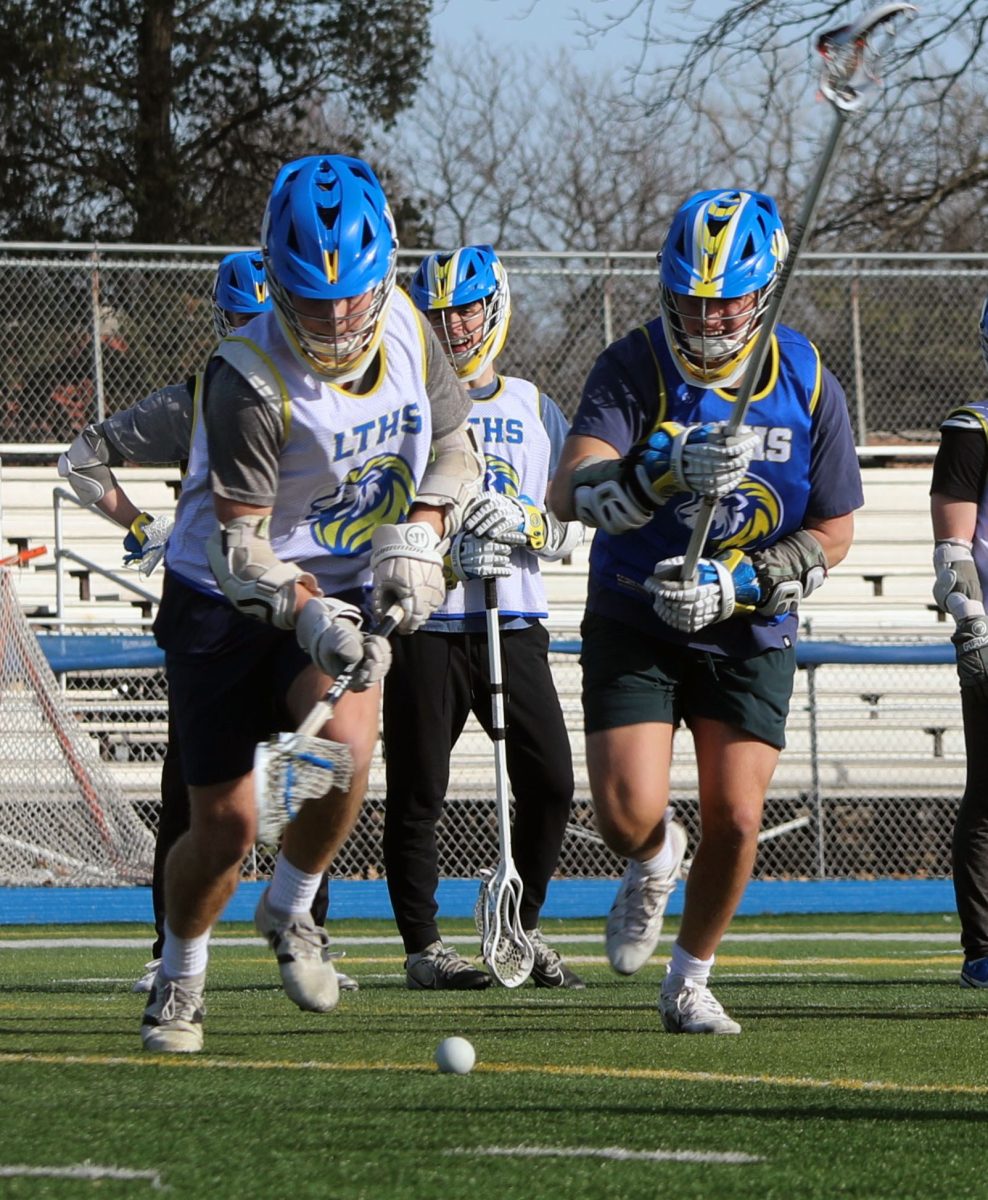Athletes Deserve Scholarships
By: George Ross
Imagine dedicating years of your life to a sport. Every week you have practice for hours, you workout to get in the best physical shape possible, you spend your weekends at tournaments on the other side of the country and finally you get the offer to continue your dream in college. Full-ride scholarships are a term used to describe athletes who are offered to attend a university free of tuition, room, and most other expenses. Recently, with the rise of NIL (giving the player the right to sell their name, image, and likeness) and the ability for college athletes to make money, the idea of full-ride and regular scholarships for these prospective students has come into question.
Athletes should continue to receive scholarships for the sport they’ve given their life to perfecting. Athletes work their entire lives to achieve becoming a D-I athlete. They spend hours perfecting their craft to be able to compete to the best of their ability and that dedication should be rewarded.
There has been complaints that this money should be going to students who accel in the academic fields and that they only get scholarships due to pure ability, but all student athletes who want to receive a scholarship and compete must meet a minimum 2.3 GPA and must have taken a set amount of core classes and passed all of them. Also, each individual school sets their own academic standards that must be held by their student-athletes. These academic standards are held to what the school wants of their student-athlete. For instance, an athlete who attends an Ivy league school would be held to higher academic standards than a student in the Mountain West (no offense to the Mountain West conference).
So, while the athletes must work just as hard as other students to maintain their grades and get a good education, they also have to do that on top of practicing everyday and having games that often keep them on the road for many weeks. In a way, some athletes must work harder than their peers to maintain grades while keeping up in their sport.
Athletes can also now use NIL to get sponsorships and other avenues of earning money as a college student. While some argue that they can use this money to pay and give the scholarships to others, that would only work for a small majority of athletes. In reality, only the top players in all of college sports make enough in NIL to support paying for their education.
On top of everything else, college sporting events are also a major part of college life. Going to football games is something that many students look forward to, and it is even better if the product on the field is better. Would Alabama have become a popular destination for out-of-state students if they didn’t have such a good team? Would Notre Dame? Would Kansas be still as popular without their basketball culture? That’s not to say that people wouldn’t go there if they didn’t have those things, but because they do, students attend, TV rights become more expensive, merchandise sales become bigger and the university benefits from the sports being played.
One more major concern is that regular students’ money is what funds all of these scholarships and athletic facilities. This is not true, all of the money that is given for scholarships come from either donors to the school or from the profits made by the athletic department.
Standardize the spending
by Aero Gartner
It’s extremely rare to see colleges recruiting musicians, actors, or writers for their demonstrated talent. Colleges will rarely pay for a photoshoot with a potential student because they’re a successful artist or a published author.
They will do just that, on the other hand, for an athlete that shows potential. These double standards have long been a problem in our society, with institutions following dollar signs instead of focusing on what should be their main concern—education.
The likelihood for a division one athlete to get a full tuition or full ride scholarship is incredibly disproportionate to students with other areas of interest. Schools will put fine arts on the chopping block before sacrificing so much as a new uniform for their athletes. The bias is clear, and it is incredibly disheartening for students who have put so much effort into their academics or passions that don’t fall in line with our society’s current priorities—which is athletics.
I understand that these athletes have put an insurmountable effort into what they do, and there’s nothing inherently wrong with being rewarded for the years of training and work that they’ve put into their passion. The main issue present is the lack of diversity in the full ride and full tuition scholarships they give. On average, only about 0.1% of all students attending college will receive full rides from the schools they’ve applied to. Despite this, for division one schools, up to 85 of the approximately 118 member football teams can be granted full rides.
It is, of course, vital to consider that colleges are financially motivated. Whatever money they pour into their athletics department, they can rest assured that it will be coming back to them via profits from their team. Colleges don’t have a bottomless pit of funds to pull from, so it makes sense that they would be putting most of their funds to a place where they know they’ll be getting it back.
This simply speaks to a larger issue in our country that values a financial component to a university’s motivations. We have curated an environment that places a larger emphasis on our military than our higher education, leaving colleges to prioritize interests that can earn back what they spend.
On the flip side of this, according to a study conducted by PBS, only approximately 20% of division one colleges generate a positive net revenue in comparison to their expenditures in regards to their football and men’s basketball teams.
So while the financial motivation of just about breaking even instead of needing to rely on grants and donations is definitely appealing, these massive financial benefits are somewhat of a straw man in the argument for this spending.
In short, while college athletics are important, so are the interests, passions, and talents of countless other students across the country. Students who find little interest in participating in athletics should be deemed just as valuable to universities as those who do.
The stark difference in how the education system treats differing passions is a serious issue that leaves many people feeling unimportant and unmotivated. Every person’s education is important, and it’s time that we start prioritizing that.





















![Movie poster for '[Rec]" (2007).](https://www.lionnewspaper.com/wp-content/uploads/2023/04/rec-640x900.jpg)








